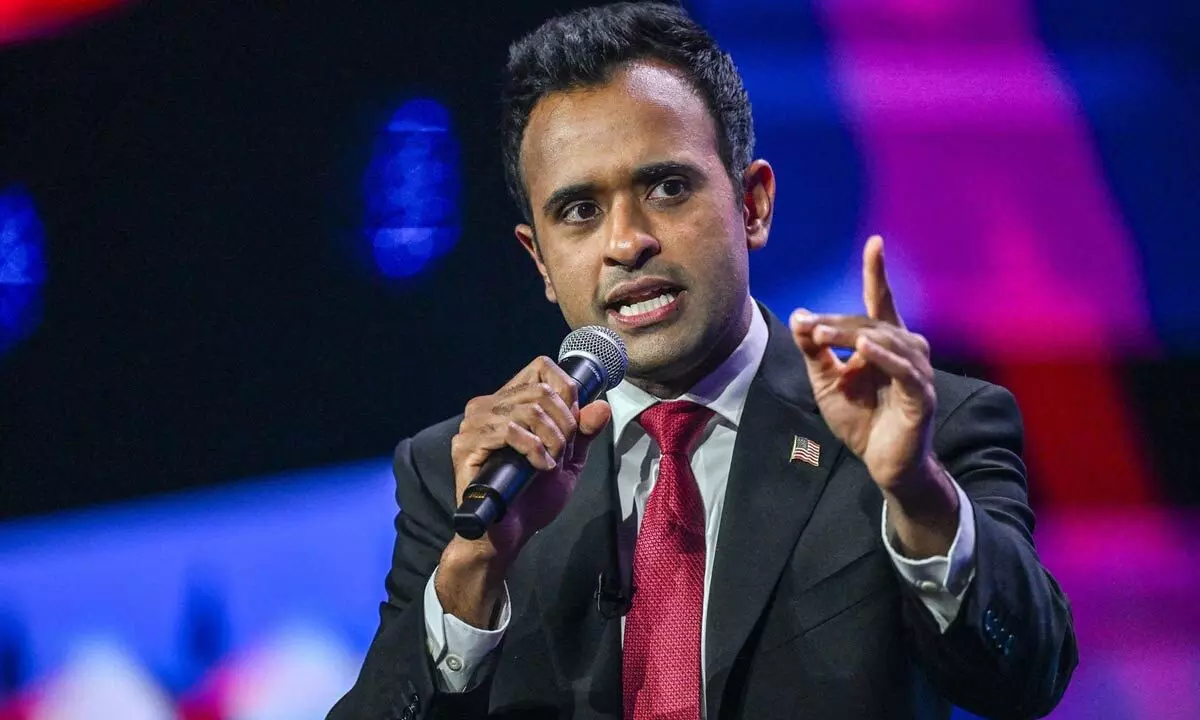Do Values Change with Cultures?

Indian texts hold that our dharma is universal. It is valid for all people, in all lands and at all times (past, present and future), we say. We identified four human goals, dharma, Artha (wealth in accordance with dharma), kama (fulfilment of desires in accordance with dharma), and finally, liberation, through knowledge of Reality. Knowledge alone gives eternal happiness. All other happiness is transient in nature, limited by time and measure. But this claim for universality is challenged in modern times in different cultures.
Recently, Vivek Ramaswamy, a prominent Republican, made a random comment on the state of education in the USA. He said, ‘a culture that celebrates the prom queen over the math Olympiad champ, or the jock over the valedictorian, will not produce the best engineers’. He told what everyone knew in his heart, but it was too much of a rhetorical statement to be digested. He did not say that Americans had a low IQ but merely referred to the current value system. A brown person lecturing on the cultural values ruffled the egos of many whites in America.
What Ramaswamy said about the USA was ridiculed as ‘the darkest vision for America. Life itself is sacrificed, and in its place, success is valued’, said someone. This brings us to the oldest question posed by Indian thinkers, ‘what gives happiness in life?’ Happiness through mediocre goals was not the value system of the west either. It has been producing great scientists. The vicious troll on Ramaswamy was due to a combination of the changing values in the USA, coupled with a fit of racist anger when an outsider pointed finger at them. Racism is due to ignorance as much as casteism is.
Indian values too, are leaning to the western way, but still there is still some premium on knowledge and discipline. This is not a value driven by poverty. It is a cherished value which has come down from the earliest times. One section of society was tasked to pursue knowledge. It could be scriptural studies or material sciences. The Manu Smriti devotes a whole chapter on the education and discipline needed by all people. It has exclusive instructions to a brahmin to wholly dedicate his life for study. The discipline was rigorous. He was not expected to take up any trade (except in extreme distress) or earn wealth more than what was needed for day-to-day sustenance. The highest goal was not to material success but to attain knowledge of the Supreme Reality. The brahmin was expected to renounce in the later stage of his life and pursue this goal. To become a sanyasi was his prerogative.
A society which rationally approaches spirituality will have a similar intellectual approach to other sciences too. This is the reason why sciences like astronomy, mathematics, medicine, metallurgy and such sciences made great progress in India compared with other cultures if we take the same timeline. But are the goals as promoted in the US schools, and the indignation when lapses are pointed, correct? All humans have a responsibility to investigate the nature of life, the nature of highest reality. Can there be happiness without knowledge, either knowledge of self or of science?
Compare the quality of happiness of a student who achieves math Olympiad vis a vis happiness in becoming a prom queen or jock in a High School function. Which is more desirable for society? The joy of solving an unsolved problem in science can benefit society but the joy of becoming the prom queen is limited to an individual and it may put the person on the pursuit of a lower happiness which is ephemeral in nature.
A similar comparison is between the happiness by achieving success in science vis a vis the bliss of contemplating on the Supreme Reality, which is the goal in Sanatana dharma. Science leads to success but it also leads to destruction. The knowledge of self has led to universal love, absence of conflicts, acceptance and tolerance in true sense. Certainly, the latter is what leads to universal peace, and such a value is a universal value.
(The writer is a former
DGP, Andhra Pradesh)


